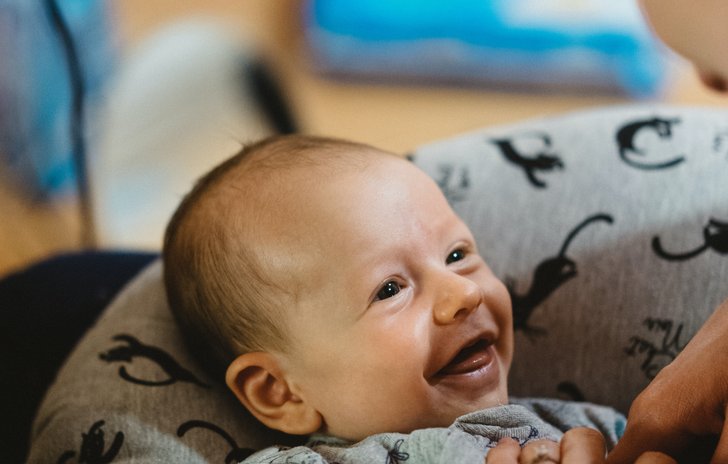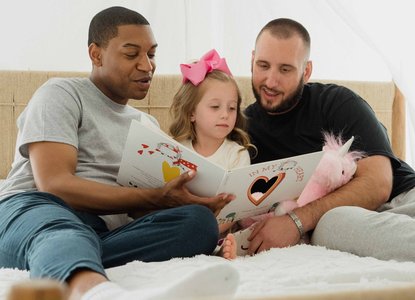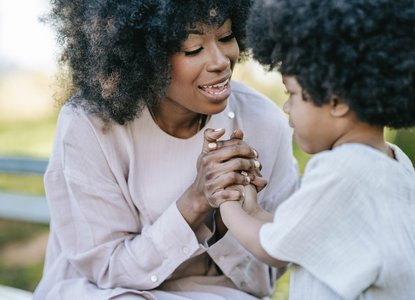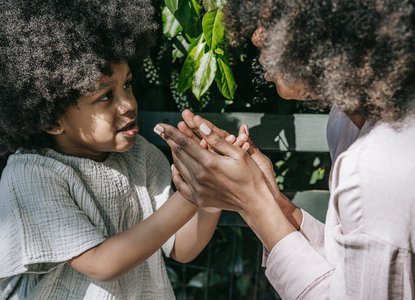Notice how your child is feeling
Watch your baby or child and see if you can tell what they're feeling.
Do they look happy, sad, excited, tired, worried, or cross?
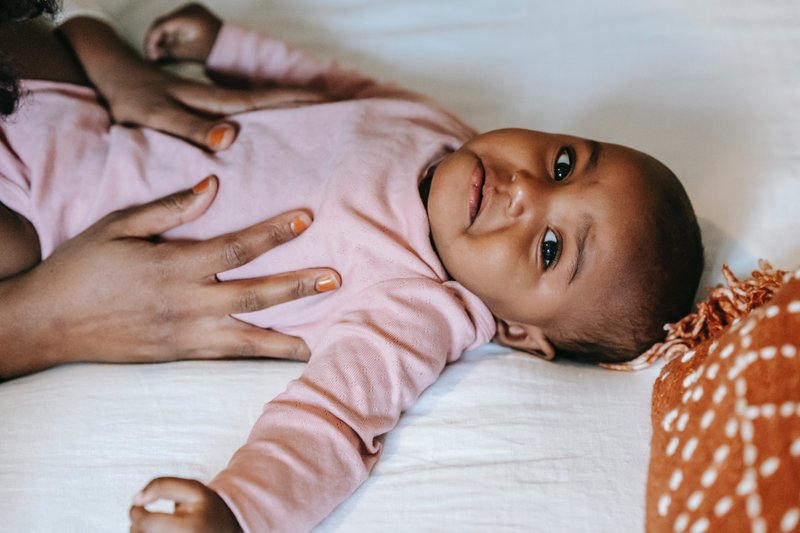
Looking at their facial expressions and movements, and listening to the noises they make will give you some clues, particularly if they aren’t talking yet.
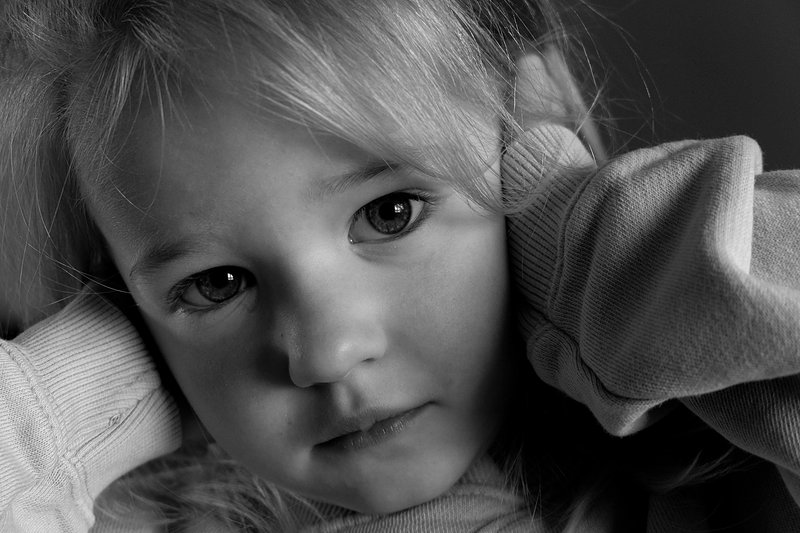
Talk to your child about how they are feeling
Then you can talk about their feelings. For example: “I think you're excited because we're going to the park” or “I know you’re sad that we have to leave. We will come back soon.”
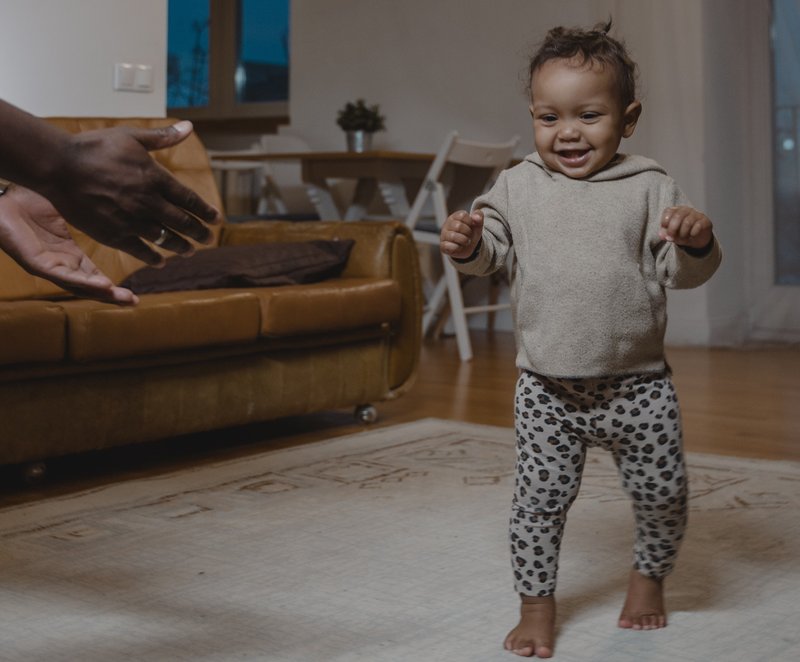
Why should you talk to your child about feelings?
Acknowledging and talking about feelings lets your child know that it’s okay to feel all different types of emotions. It shows your child that you accept and understand their feelings too.
Talk to your child about your feelings, their siblings feelings, and the feelings of characters in books and on the TV. This shows them that everybody has feelings. As they grow up, being able to notice how others are feeling is an important skill to help build relationships.
When should you talk to your child about their feelings?
When they are little, before their language has developed, it's best to talk about your child's feelings throughout the day, as and when you notice them.
Continue this as they get older, and try to plan a regular time to check in with them and find out about their day. Dinner time or bedtime can work well, as there tends to be less distractions from toys or screens.
Encourage your child to tell you about their day, ask them what made them happy, sad or proud. Maybe they can tell you something that made them laugh, or something new they learned. Find out if they met any problems or challenges during the day.
By making this a regular habit, you’re letting your child know that you're interested in them, that they can talk to you about their feelings and problems, and share the things that make them happy.
Good to know
Having a better understanding of their own and other’s feelings, will help your child play with others, and make friends as they get older.
Further information
Watch this Tiny Happy People video to see how you could use your child’s toys to help talk to them about their feelings:
How to use toys to help children's emotional development - BBC Tiny Happy People
